Countering Violent Extremism in Africa: The Role of Religion
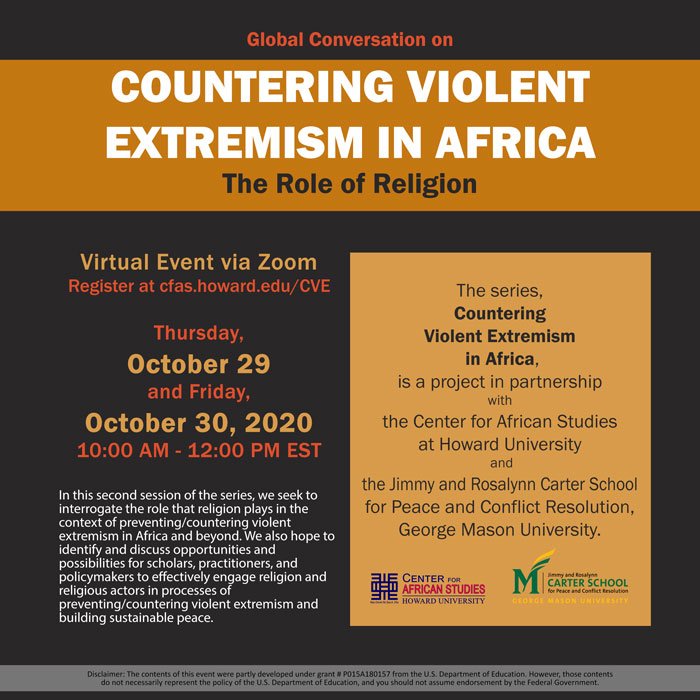
This is the second session of the series, Countering Violent Extremism in Africa, a project in partnership with the Center for African Studies at Howard University and the Jimmy and Rosalynn Carter School for Peace and Conflict Resolution, George Mason University.
In this session, we seek to interrogate the role that religion plays in the context of preventing/countering violent extremism (P/CVE) in Africa and beyond. We also hope to identify and discuss opportunities and possibilities for scholars, practitioners, and policymakers to effectively engage religion and religious actors in processes of P/CVE and building sustainable peace.
Recording of DAY 1 of this session
Recording of DAY 2 of this session
Topic Summary
Far from sinking into atrophy with the rise of modernization, as foretold by the “secularization thesis,” the deepening influence of religion has remained visible in the modern world, as corroborated by epochal events such as the 9/11 terrorist attacks, the aftermath of the Arab Spring, the Islamic revolution in Iran, the rise of liberation theology in Latin America, and the fall of Communism. The continued salience of religious political parties and radical religious sects across the world, including the Muslim Brother- hood in Egypt, Hamas in Palestine, Jama’at-i-Islami in Pakistan and Bangladesh, the Islamic State in Iraq and Syria, Jama’atu Ahlis Sunna Lidda’Awati Wal-Jihad (aka. Boko Haram) in Africa’s Lake Chad Basin, and Al-Shabab in Somalia, demonstrates that religion is a product of modernity as well as a response to it. All this renews the question raised by Scott Appleby: Why does religion seem to need violence, and violence religion? Or, as Mark Jurgensmeyer asks: Why has violence and religion re-emerged so dramatically at this moment in history and why have they so frequently been found in combination?
In Africa, as in many regions of the world, proactive actions to thwart efforts by violent extremists to recruit, radicalize and mobilize followers have brought to light the urgent need for a better understanding of how policymakers can effectively engage religious ideas, actors, and institutions in preventing/countering violent extremism and making durable peace. This is particularly important since, as Jeffrey Seul observes, religion “serves the identity impulse more powerfully and comprehensively in a way that no other repositories of cultural meaning does.”
In this second session of our Countering Violent Extremism in Africa Series, a partnership with the Center for African Studies at Howard University and the Jimmy and Rosalynn Carter School for Peace and Conflict Resolution, George Mason University, we seek to interrogate the role that religion plays in the context of preventing/countering violent extremism in Africa and beyond. We also hope to identify and discuss opportunities and possibilities for scholars, practitioners, and policymakers to effectively engage religion and religious actors in processes of preventing/countering violent extremism and building sustainable peace.
Day 1 (October 29): Understanding Violent Extremism: Concept Analysis and Drivers
Over the last few years, preventing and countering violent extremism has featured prominently as an organizing logic and central priority on the agenda of policy makers at national and international government agencies. Yet, the concept of violent extremism, and its application to concrete local settings and communities, remains contested, even problematic. How should we understand and apply the concept of violent extremism? What is the relationship between “extremist” ideas and terrorist violence? What are the key drivers of violent extremism? Why is religion so commonly associated with (violent) extremism? These are some of the questions we seek to tackle on the first day.
Day 2 (October 30): Countering Violent Extremism: What Works and What Does Not?
Day two of the event will focus on what works (and what does not) when it comes to preventing/countering violent extremists (P/CVE). How effective are P/CVE programs for reducing terrorism and violent insurgencies?
Agenda: Day 1
Day 1 (October 29): Understanding Violent Extremism: Concept Analysis and Drivers
Welcome:
Krista Johnson, Director, Center for African Studies, Howard University
Welcome:
Thomas Flores, Director, Graduate Programs, George Mason University
Introduction of Project:
Daniel Agbiboa, Project Coordinator
Introduction of Panelists:
Daniel Agbiboa
Panelist Presentations:
Muhammad Fraser-Rahim
Abdulbasit Kassim
Audra K. Grant
Darren Kew
Q and A:
Please ask questions via chat.
Overview:
Daniel Agbiboa
Final comments by panelists
Closing:
Daniel Agbiboa
Agenda: Day 2
Day 2 (October 30): Countering Violent Extremism: What Works and What Does Not?
Welcome:
Krista Johnson, Director, Center for African Studies, Howard University
Introduction of Project:
Daniel Agbiboa, Project Coordinator
Introduction of Panelists:
Daniel Agbiboa
Panelist Presentations:
Marc Gopin
Sheherazade Jafari
Altaf Husain
Bathelemy Bazemo
Fatma Ahmed
Q and A:
Please ask questions via chat.
Overview:
Daniel Agbiboa
Final comments by panelists
Closing:
Daniel Agbiboa and Krista Johnson
Presenters
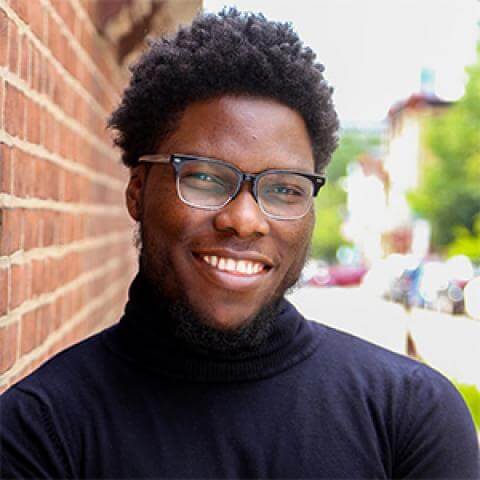
Assistant Professor of African and African American Studies at Harvard University. Before joining the Harvard faculty, he was Assistant Professor of Conflict Analysis and Resolution at George Mason University and a Postdoctoral Fellow at the University of Pennsylvania’s Perry World House. Agbiboa’s research and teaching straddles non-state governance, subversive mobilities, and the spatialization and materialization of corruption, power, and inequality in cities.
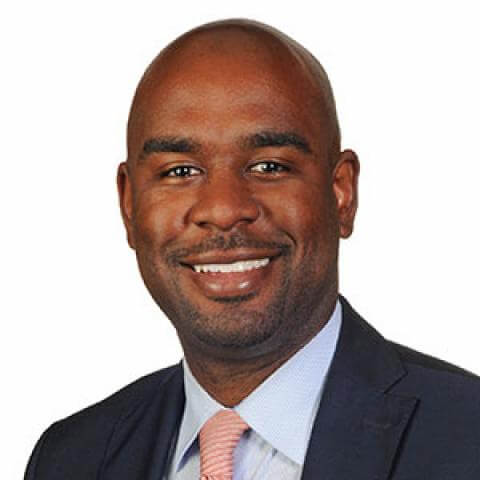
Executive Director, North America for Quilliam International. He is an expert on violent extremism issues in Africa and beyond. Formerly a Senior Program Officer at the U.S. Institute of Peace, where he led their Horn of Africa program and served as an expert on violent extremism issues globally.
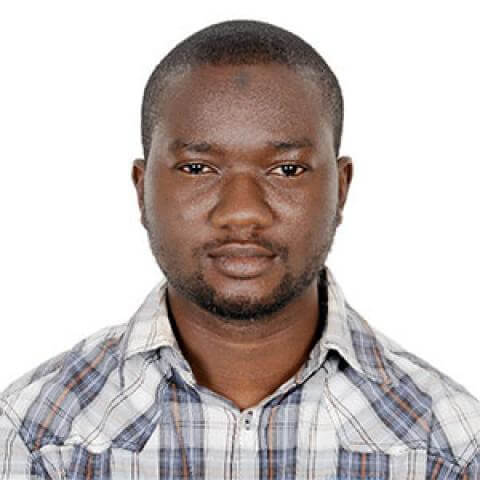
Ph.D. candidate at the Department of Religion, Rice University, and Visiting Doctoral Fellow at the Institute for the Study of Islamic Though in Africa at Northwestern University. Research expertise in Islam and Africana Studies.
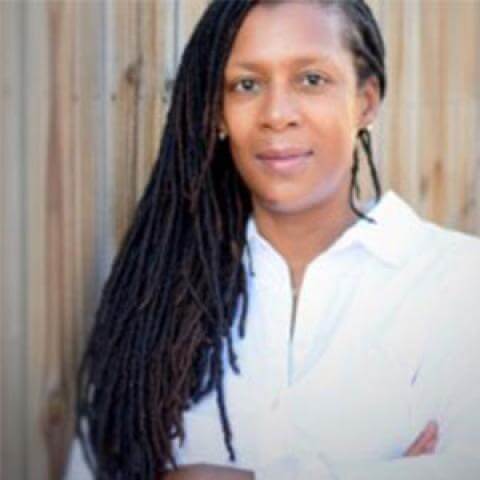
Senior Research Manager at NORC, University of Chicago, and Senior Political Scientist at RAND. Her re- search focuses on the Middle East and Africa, and issues related to the development of political Islam, terrorism, as well as the attitudinal orientations of Middle East and African publics. Formerly an analyst at the U.S. Department of State, Bureau of Intelligence for five years.

Associate Professor, Department of Conflict Resolution, Human Security, and Global Governance, McCormack Graduate School, and Executive Director of the Center for Peace, Democracy, and Development. Research expertise in civil society, international security, crisis intervention and cultural and religion in Africa (especially Nigeria).
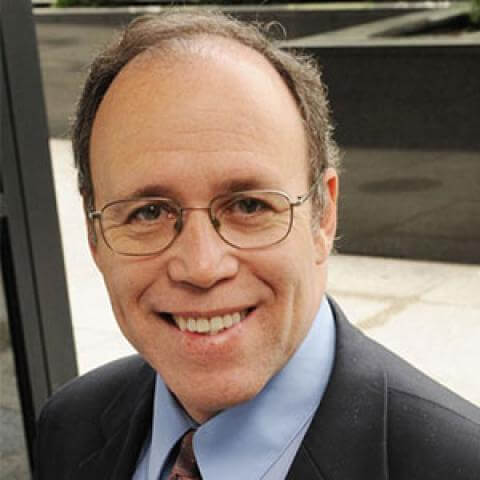
Professor and Director of the Center for World Religions, Diplomacy and Conflict Resolution (CRDC), the James H. Laue Professor at the Carter School for Peace and Conflict Resolution at George Mason University.
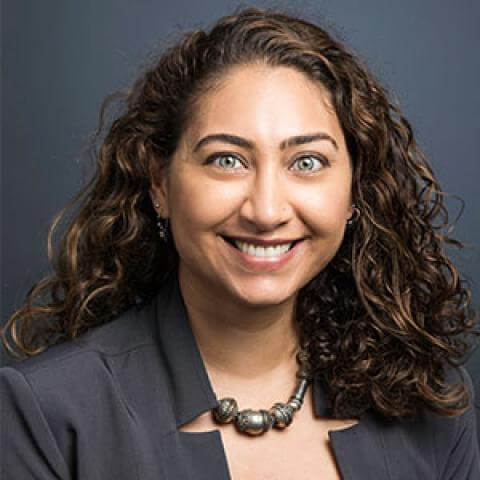
Director of the Carter School’s Point of View International Retreat and Research Center. A scholar and practitioner, Sheherazade’s research and applied background and interests include gender, religion, and human rights in conflict and peacebuilding. Her recent research centers the work of women’s rights advocates in Muslim-majority societies and other religious communities, examining how they engage their faith and work across religious-secular divides in response to rising politized religion and conflict.
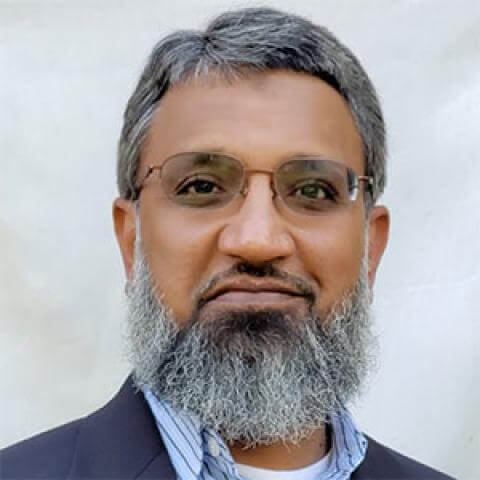
Associate Professor and chair of the Community, Administration and Policy Practice concentration in the Howard University School of Social Work. Chair of the Curriculum Committee, with oversight for the Master of Social Work (MSW) program. His professional involvement includes serving as a co-chair of the Islam and Muslims track of the Annual Program Meeting of the Council on Social Work Education (CSWE), founder and co-chair of the Immigrants and Refugees cluster of the Society for Social Work and Research (SSWR).
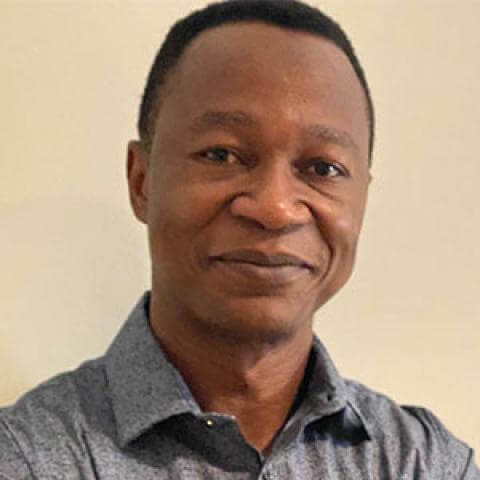
Policy Analyst with the Africa Faith and Justice Network, a coalition that advocates for responsible US relations with Africa. He is also President of the Board of the Missionaries of Africa in the USA. He spent many years in Eastern Africa, studying and engaging with youth development activities and interfaith dialogue.
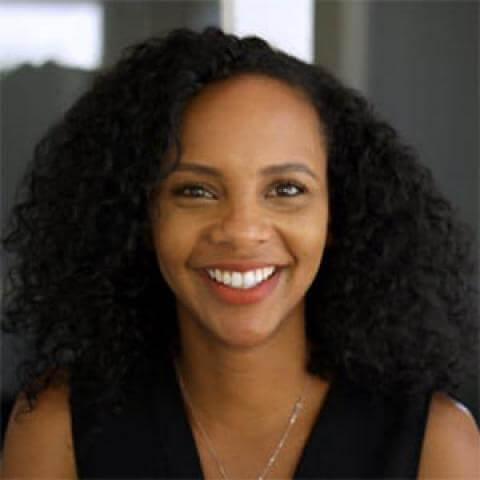
Conflict Prevention Specialist currently consulting for the UNDP, Africa Regional Programme to support the AU on conflict prevention, peacebuilding and climate security. She worked with Albany Associates as Middle East and Africa director and is a panel member of the AU FEMWISE committee.
